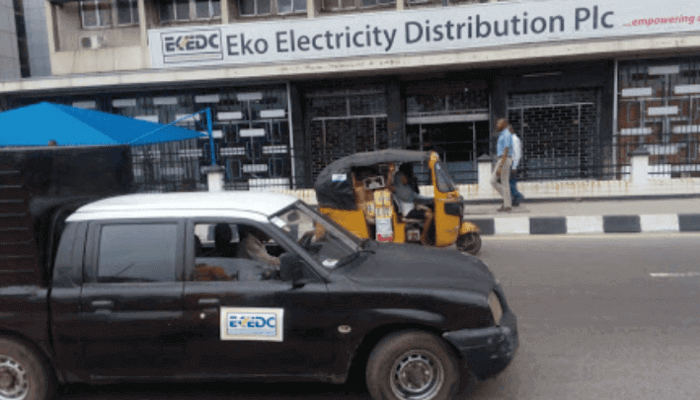Nigeria’s power sector, long plagued by insufficient and unreliable electricity, is undergoing a transformation fueled by strategic partnerships between the government and private entities.
The public sector, recognising the crucial role of a stable power grid in economic development, has entered into collaborations with private generation companies (Gencos) and distribution companies (Discos) to improve infrastructure and service delivery.
This public-private partnership model is fostering a more sustainable electricity sector, attracting vital investments, and paving the way for significant economic growth.
EKEDC’s latest flagship project, the Light Up Agbara Project, exemplifies such commitment to powering Nigeria’s industrial sector.
This initiative, part of the Presidential Power Initiative, brings together key players: EKEDC, FGN Power Company, Niger Delta Power Holding Company, Millwater Limited, and the Transmission Company of Nigeria. This collaboration underscores a unified commitment from both public and private sectors to drive economic growth through reliable electricity supply.
The significance of the Light Up Agbara Project cannot be overstated. It targets industrial clusters in Sagamu, Sango, Ota, Ifo, and Mowe with a substantial 300 MW of electricity.
Dere Otubu, chairman of EKEDC’s Board, noted that this project will bridge energy gaps in the Agbara Industrial Hub, ensuring constant electricity for businesses. This is not just about keeping lights on; it’s about empowering industries that form the backbone of Nigeria’s economy.
EKEDC’s impact extends beyond Agbara. In collaboration with the Transmission Company of Nigeria (TCN), EKEDC commissioned a 1 X 63MVA Mobile Substation in Ajah. This project, praised by Power Minister Adebayo Adelabu, replaces a failed unit that had caused load shedding and reduced power supply in the Ajah-Ibeju corridors. The mobile nature of this substation is a game-changer; it can be rapidly deployed during emergencies or maintenance, minimizing downtime and ensuring a more consistent power supply.
These initiatives align with EKEDC’s broader strategy to enhance service delivery. The company plans to meter 600,000 customers over the next five years, targeting 120,000 installations annually from 2024 to 2028. With 63 percent of its customers already metered, EKEDC is making significant strides in eliminating estimated billing, a long-standing issue that erodes consumer trust and hampers revenue collection.
EKEDC’s efforts have not gone unnoticed. In 2018, it was lauded as the best distribution company in Nigeria by Prof. James Momoh, the former Chairman of the Nigerian Electricity Regulatory Commission (NERC). Prof. Momoh based his commendation on tangible metrics: reduction in Aggregate Technical, Commercial, and Collection (ATC&C) losses, improved revenue collection, metering progress, and efficient remittance to market operators. His statement that EKEDC has “remained the Industry leader, pacesetter and the best” during his tenure is a powerful endorsement of the company’s operational excellence.
The recognition from NERC is more than an accolade; it’s a validation of EKEDC’s customer-centric approach.
Momoh notes that EKEDC has achieved 100% customer complaint resolution, a metric that directly impacts consumer satisfaction and trust.
EKEDC’s initiatives are timely and crucial. The IMF’s data and the manufacturers’ reports paint a picture of an economy stifled by power shortages. Businesses cannot survive, let alone thrive, without reliable electricity. EKEDC’s focus on industrial clusters through the Light Up Agbara Project directly addresses this issue.
Moreover, the Ajah Mobile Substation project demonstrates EKEDC’s commitment to resilience and adaptability in power distribution. In a country where infrastructure challenges can lead to prolonged outages, the ability to quickly deploy mobile substations is invaluable. It means businesses can plan with more certainty, knowing that even in the face of technical issues, their power supply is more secure.
EKEDC’s metering drive is equally significant. Estimated billing has long been a source of friction between distribution companies and consumers. By aggressively rolling out meters, EKEDC is not only ensuring fair billing but also improving its revenue collection. This creates a virtuous cycle: better revenue allows for more investment in infrastructure, leading to improved service and greater customer satisfaction.
